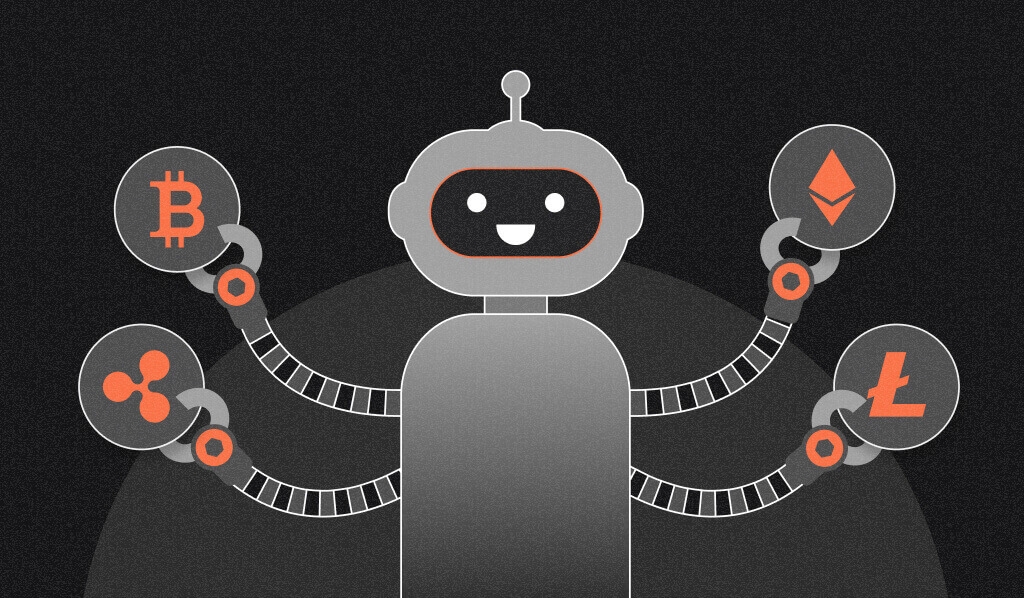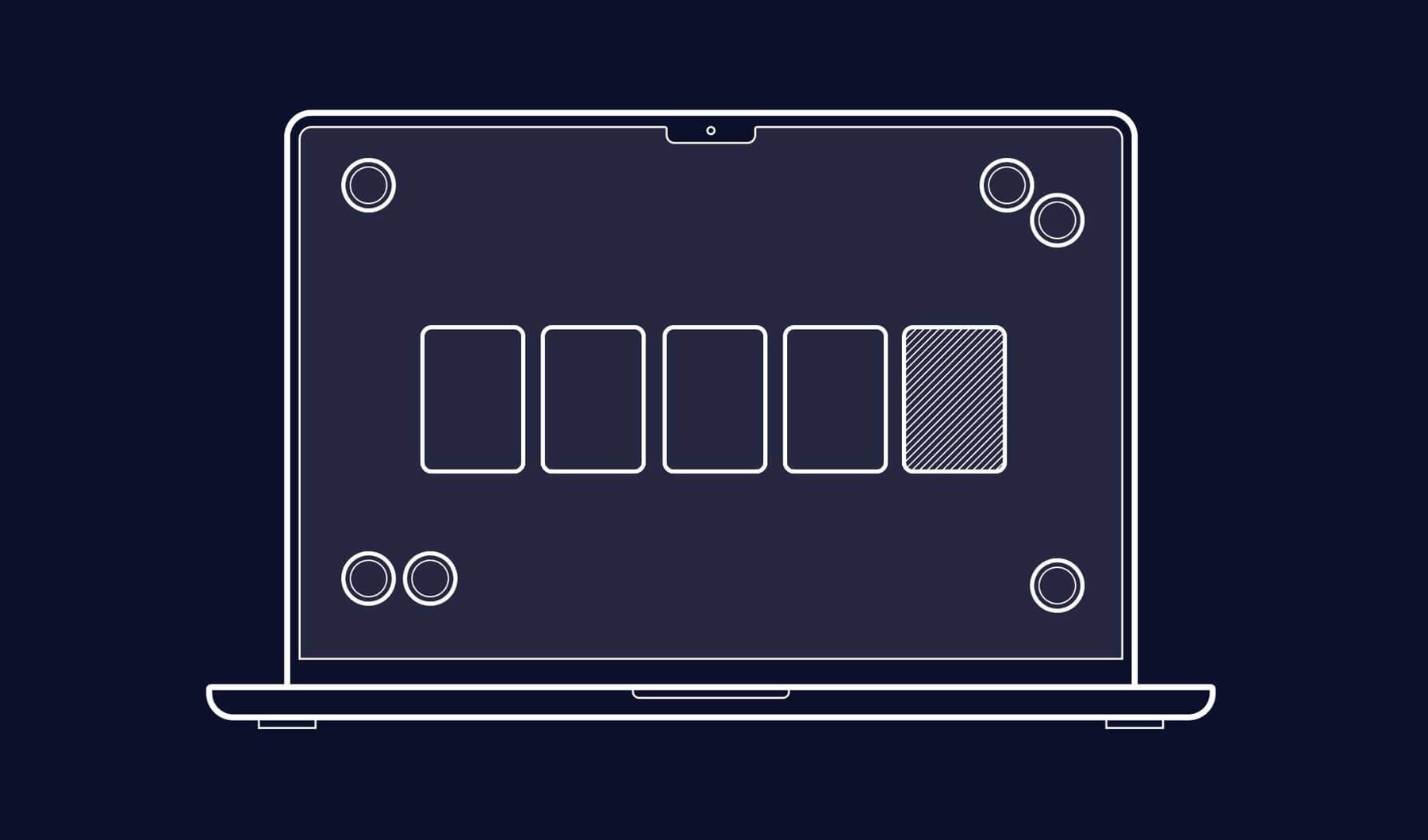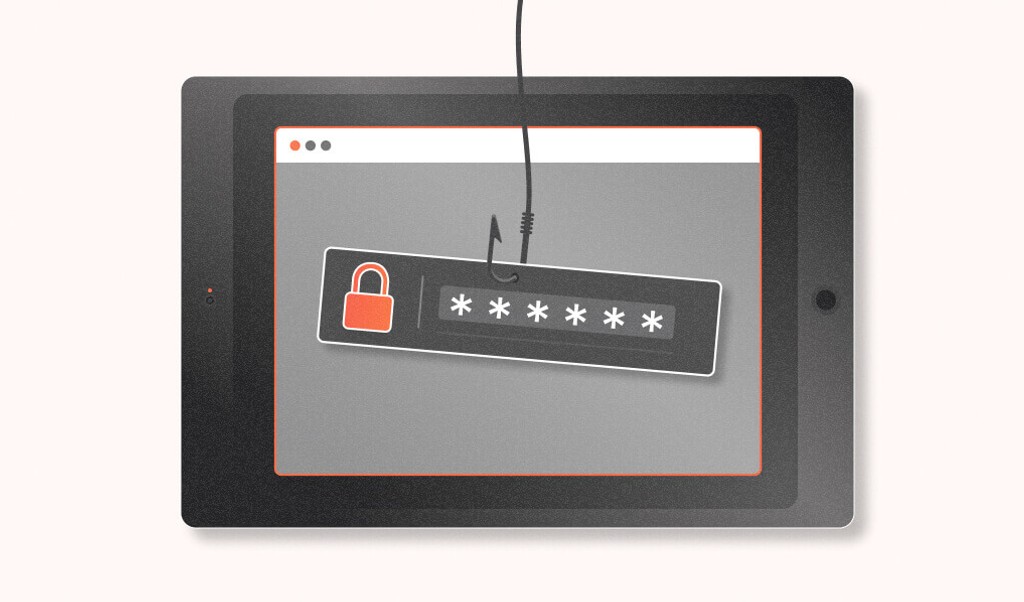
Summarize this article with
According to Imperva's 2022 bad bot report, the gaming and gambling industry has the second-highest bad bot activity, with 53.9% of sites registering a malicious presence. This stark statistic highlights just how important it is that companies operating within this space take the measures necessary to protect their customer data from unwanted threats.
Any gaming operator knows bots, but detecting them is much more complex. Betting bots are designed to mimic human behavior, and artificial intelligence (AI) makes this goal even more accessible. Gaming websites must implement advanced methods to fight against bots, prevent revenue loss from arbitrage, and address user frustrations.
First, let's define a few standard terms used when discussing betting bots:
- Arbitrage bettors seek out differences in odds between bookmakers to make a profit by placing bets with each.
- Bookmakers offer betting services on competitive events, allowing customers to place wagers on the outcome of games.
- On the other hand, betting exchanges operate more like a financial market where customers can both back and lay bets. Their main aim is to match willing buyers and sellers together so that they can place bets without having to go through bookmakers.
Arbers often take advantage of bookmakers and betting exchanges by taking positions on both sides of the same bet with different bookmakers or exchanges and collecting their winnings regardless of the result.
To identify suitable bets, betting bots are programmed to scrape gaming and gambling sites to find new opportunities before the odds change, putting a massive strain on gaming and betting web servers as betting bots try to access various information simultaneously.
What is a betting bot?
Betting bots automate the gambling process by actively scanning gambling and gaming websites for any changes in odds so users can quickly capitalize on them before they disappear. Players usually download a script from the internet or pay an expert to create a custom script to set up a bot. When this script executes, it becomes a bot.
Betting bots can run on an individual's machine or virtual machines across data centers where servers run multiple accounts simultaneously. The betting bot takes input from the player and performs actions based on player instructions. It is meant to bring monetary returns using automated cheating or make decisions based on scraped statistics and markers. With multiple bots playing the same game, a player can take advantage of arbitrage decisions or set up a game so that one bot wins by betting against other botted accounts. Collaborated bots make multiple bets with net positive winnings.
Some players wonder if betting bots are legal; they are legal, according to Professional Betting Online. However, it is considered unethical since certain games involve other players' money. For example, if a player sets up a bot to play poker, the bot could win to the detriment of other players, forcing them to lose their money unfairly.
Automated betting in card games and online casinos aren't the only types of bots. Data scrapers crawl the web and collect data for various sports betting arbitrage bots and bot betting software. Bot betting software can be resold to others for profit, and a sports betting bot can be used to place automated bets with bookmakers. Developers even have APIs to help script writers automate bets, scrape the web, and perform arbitrage against multiple platforms to earn money from unethical activities. While ethics might not be a legal concern, it negatively impacts platform revenue.
How does a betting bot work?
The way a bot works depends on its scripted goal. Gaming platforms are vulnerable to anything from highly sophisticated attacks on multiple virtual machines in the cloud to individually scripted automation on a single device at a player's home.
Scraping bots scan multiple pages, collect data from bookmakers, and use data to make bets on various platforms, which is one of the more common bots for individual players.
Arbitrage betting is more common with organized cyber-criminals. Using numerous accounts, organized groups of players use bots with artificial intelligence to make bets with two potential outcomes. The value of the bet is determined by the statistics generated by artificial intelligence and data scraped from bookmakers. Betting software calculates the profit against the amount bet so that numerous bets result in a net positive outcome.
Online poker sites are also targets for betting bots. Using numerous fake accounts, a player can dominate a table and decide the outcome of a game. Botted players play multiple hands sometimes in the same game and use advanced techniques to increase rewards and overpower a game. Most online gambling sites have ways to detect account bots, but cyber-criminals have sophisticated methods to bypass and evade detection algorithms.
Account takeover is common in the botting world, especially with phishing. Cyber-criminals use phishing to trick players into divulging their credentials, or they buy certificates on the darknet. They can then take over player accounts and use bots on stolen gambling accounts.
The impact of betting bots on the gaming and gambling industry
Using betting bots to place bets automatically is a popular way for players to increase their chances of winning. However, automating multiple accounts to place bets is much more lucrative for organized cyber-criminals. In poorly monitored gaming platforms, there may be only one human user and several bots at the playing table. If players pick up on the automated activity, they might leave for a competitor site, resulting in a player loss for the gaming organization.
GVC Holdings' PartyPoker fraud team successfully identified and disabled 277 accounts involved in the misuse of automated software within three months, returning over $735K to its rightful owners.
Cybercriminals use bots to create multiple accounts quickly and easily. With scripts, an infamous player could make a thousand accounts to set up for arbitrage and automated betting.
Another option is to download a password list from darknet markets and use it to take over accounts.
Cybercriminals authenticate potentially thousands of accounts through account automation scripts. The accounts with a successful authentication request are compromised and used for further unethical activities.
Promo abuse is another form of income for cyber-criminals that requires no betting. Cybercriminals use automated account creations to take advantage of discounts or initial betting bonuses on new accounts. If a gambling site has referral bonuses, cyber criminals use them across their accounts, which could bank them thousands of dollars in promo awards.
How to protect your business with Fingerprint
Implementing bot detection is one effective solution for minimizing the impact of betting bots and reducing the cost of fake accounts. This solution can prevent account takeover and multi-accounting, protecting customers' money and avoiding potential financial abuse. It is essential for betting sites to commit to this kind of activity to maintain trust in their services.
Fingerprint bot detection is available as part of our Smart Signals suite in our device intelligence platform to keep digital gambling and gaming businesses safe. Our bot detection solution leverages advanced technology to determine between a legitimate user and a computer-generated bot reliably.
Bot visitors are labeled "Good" if they are a search engine or friendly crawler, "Bad" if it is an automated tool or virtual machine, and "Not Detected" for those not considered bots. With our detection system, betting businesses can strengthen security protocols against unwanted scripts and suspicious betting activity. Fingerprint ensures that betting schemes do not manipulate or otherwise disrupt the experiences of genuine customers.
Learn more about how Fingerprint can help reduce betting bots on your site.
FAQ
Betting companies can detect and counteract the use of betting bots by implementing advanced security measures and analytics. This may include tracking unusual betting patterns, velocity checks that monitor how quickly bets are being placed, and IP analysis to identify multiple accounts from a single user. Some companies also use machine learning algorithms that can learn and adapt to new bot behaviors in real time.
The legal implications of using betting bots can vary by jurisdiction. In some areas, the use of bots for online gambling may be considered cheating or fraud, which could lead to criminal charges.
In other jurisdictions, it may not be explicitly illegal but could still result in the user being banned from the betting platform. It’s recommended that individuals check the rules and regulations in their specific location before using a betting bot.
There have been numerous cases reported in the news. For instance, some users have lost money after purchasing betting bots that didn't work as advertised, while others have been victims of bots that manipulated game outcomes. There have also been instances where betting platforms themselves were targeted by bot attacks, resulting in significant financial losses.



